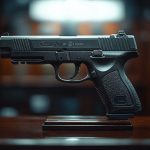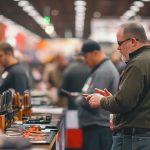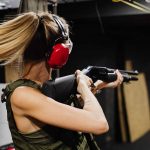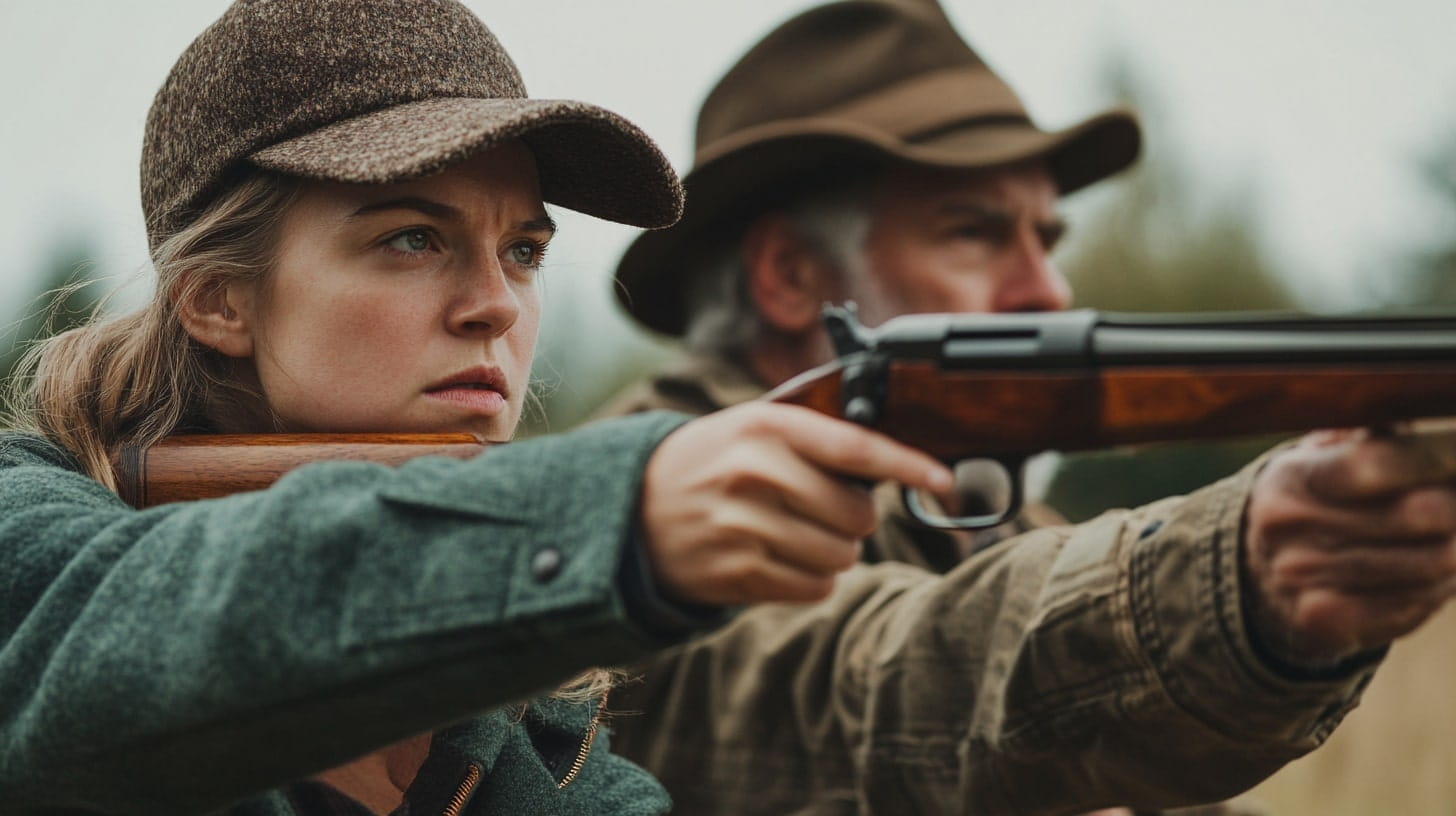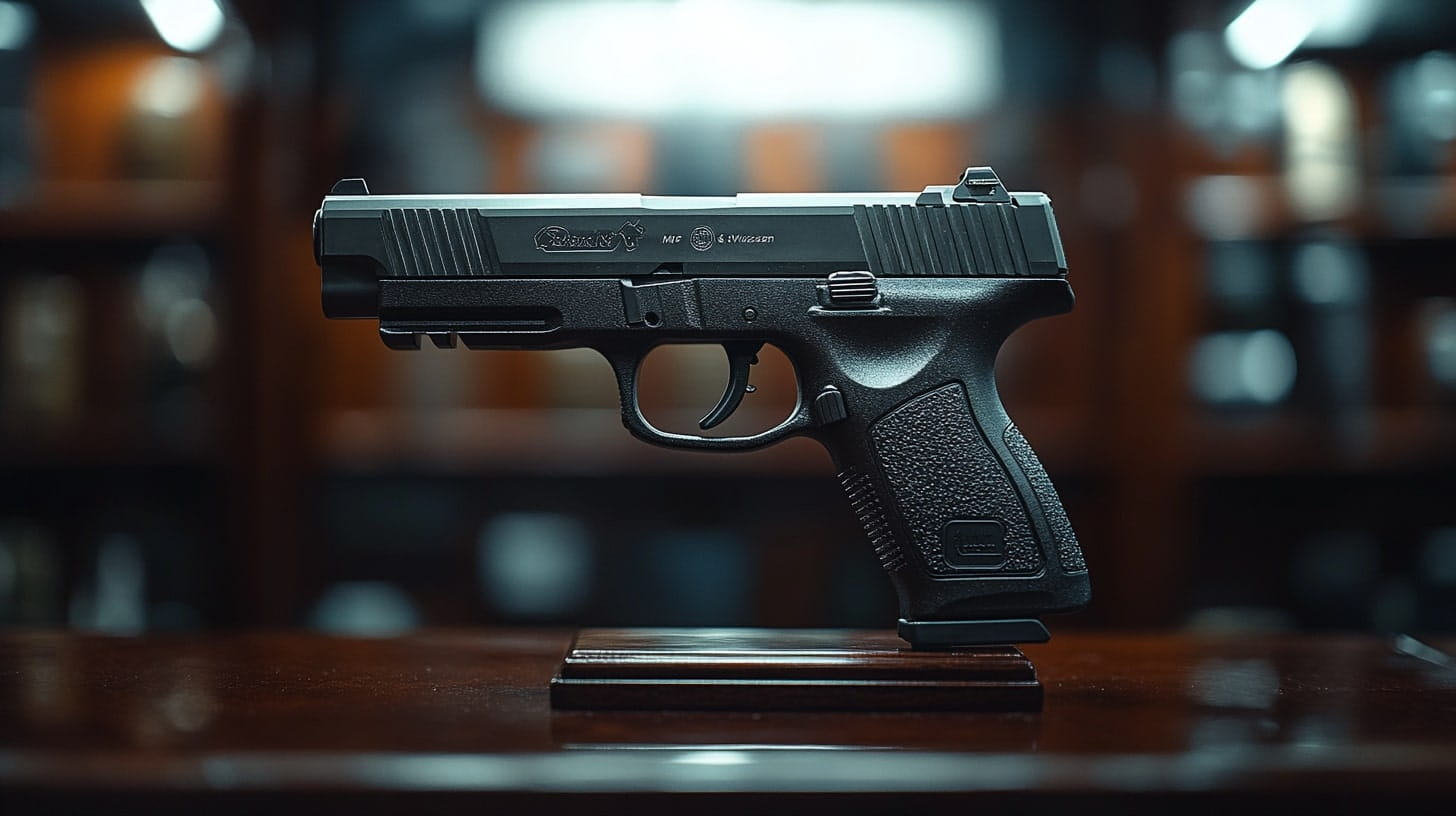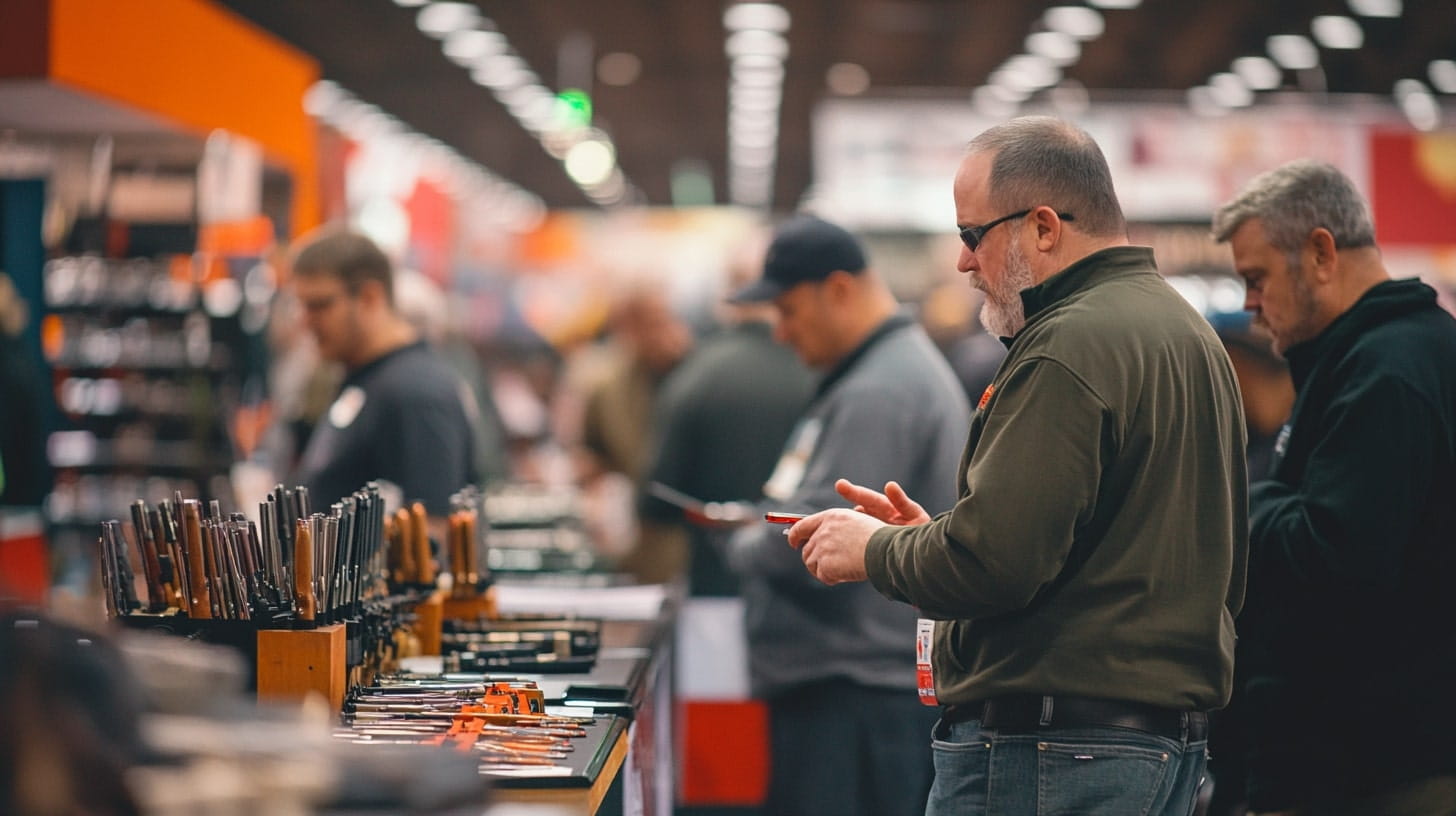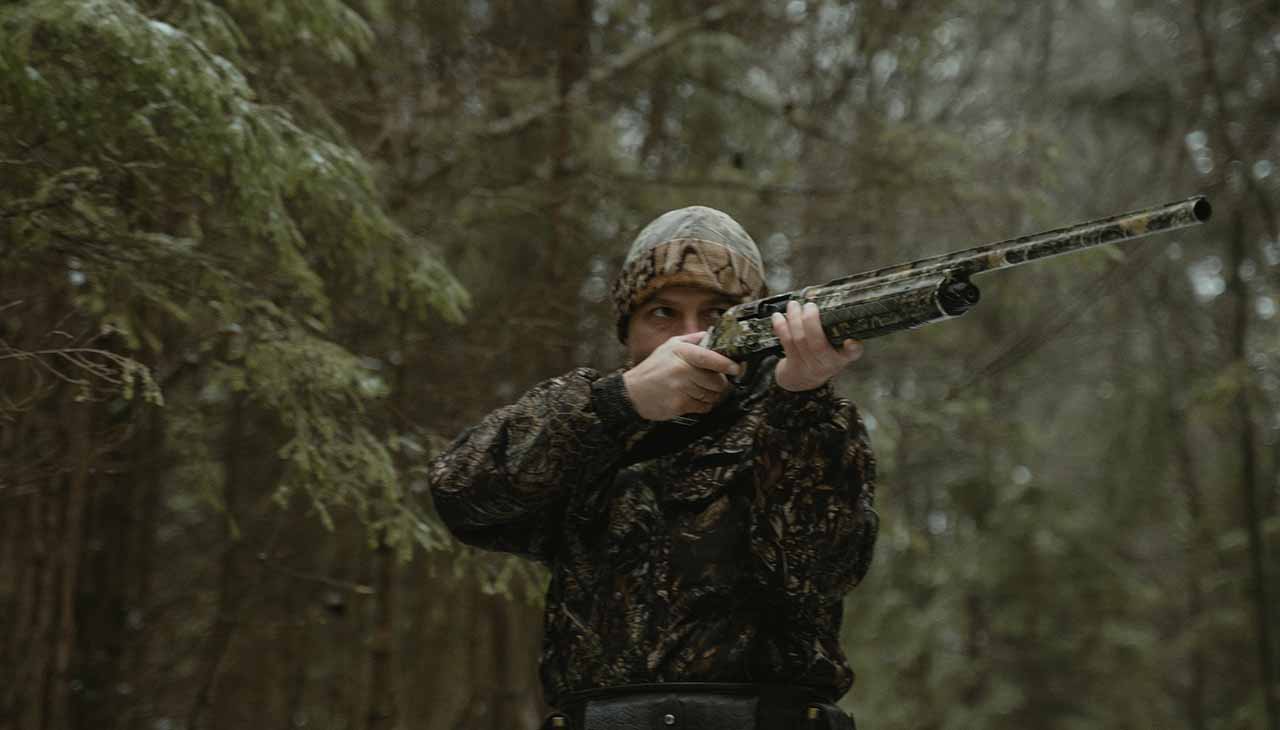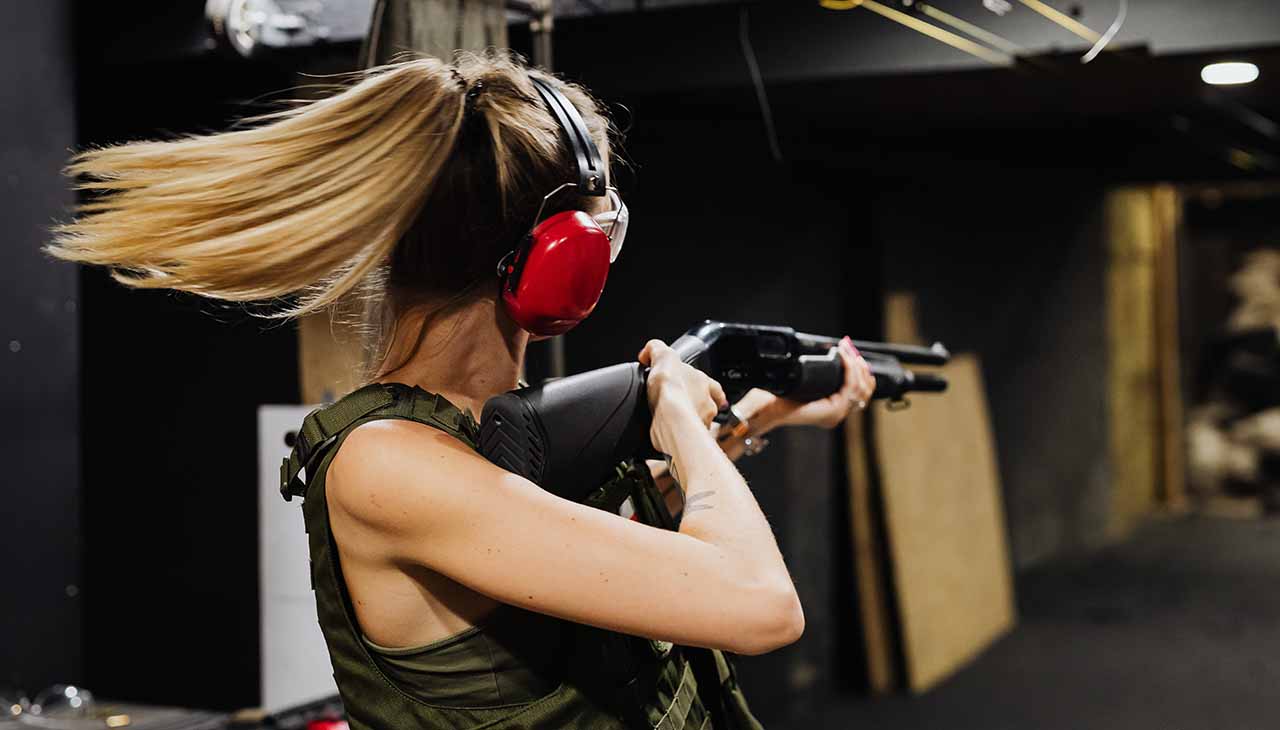Gun shows offer a fascinating glimpse into the world of firearms, providing unique opportunities for purchasing, learning, and networking. Whether you’re a first-timer or a seasoned enthusiast, knowing how to make the most of your visit can turn a potentially overwhelming event into a highly rewarding experience. In this guide, we’ll walk you through everything you need to know to prepare for, navigate, and maximize your time at a gun show like a pro.
Introduction to Gun Shows
Gun shows have long been a staple of firearm culture, offering a vibrant marketplace where enthusiasts and buyers can converge. Tracing their roots back to small gatherings in the early 20th century, these shows have evolved into large-scale events attracting thousands of attendees. Today, gun shows are more popular than ever, serving as hubs for purchasing firearms, exchanging knowledge, and exploring innovations in the industry.
Attendees range from first-time gun buyers looking to make their inaugural purchase to seasoned collectors hunting for rare finds. Many shows now include workshops, demonstrations, and expert panels, offering added value beyond the traditional buying and selling of firearms. For the hunting community, these events are a chance to connect with others who share their passion and to explore the latest gear and technologies.
Understanding what gun shows can offer is the first step towards a successful visit. They are not just about transactions but also about building knowledge and community connections. By the end of this blog post, you’ll be equipped with tips and strategies to ensure your experience is both informative and enjoyable.
Preparing for the Show
Before you step foot into a gun show, it’s crucial to do your homework. Start by researching the event itself—know its size, location, and which vendors will be present. This information can often be found on the show’s official website or through social media channels. Understanding the scope of the show will help you plan your visit more effectively.
Legal requirements are another important factor to consider. Rules and regulations can vary significantly depending on the state or country where the show is held. Familiarize yourself with the necessary permits or identification you’ll need to bring, and remember that some items might not be available for immediate purchase due to legal restrictions. Additionally, understanding the etiquette at gun shows, such as respecting vendor space and adhering to safety protocols, will ensure you have a smooth experience.
Finally, setting your priorities and budget is key. Decide what you’re hoping to achieve, whether it’s purchasing a specific firearm, gathering information, or connecting with fellow enthusiasts. Having a clear list of priorities will help you stay focused amidst the myriad of distractions. Equally important is budgeting—determine how much you’re prepared to spend and stick to it to avoid impulsive buys.
Navigating the Show
Once you’ve arrived at the gun show, it’s time to put your plan into action. Start by familiarizing yourself with the layout. Many shows provide maps or guides at the entrance, which can be invaluable tools for efficient navigation. Identify the locations of key vendors you wish to visit and plan a route that maximizes your time.
To get the most out of your visit, consider attending any scheduled demonstrations or workshops. These sessions can provide valuable insights into new products or techniques and offer a break from the hustle and bustle of the showroom floor. Make a note of any presentations that align with your interests and schedule them into your day.
Avoiding common pitfalls is also essential. It’s easy to become overwhelmed by the sheer volume of choices and the enthusiasm of fellow attendees. Stay focused on your priorities list, take breaks when needed, and remember that it’s okay to walk away from a deal if something doesn’t feel right. Trust your instincts and use your research as a guide.
Interacting with Vendors
Engaging with vendors is one of the highlights of any gun show. Arrive prepared with questions that will help you assess the quality and suitability of the products on offer. Inquiring about the history, functionality, and maintenance of a firearm can yield useful insights and demonstrate to the vendor that you’re an informed buyer.
Negotiating prices is a skill worth developing. While some prices may be firm, others may have room for negotiation. Approach this with respect and courtesy, and be aware of the market value of what you’re considering purchasing. Building relationships with vendors is beneficial not just for this visit but future ones—established connections can lead to insider tips and better deals down the line.
Finally, remember that vendors are experts in their field. Take the opportunity to learn from them, whether it’s about the intricacies of a particular firearm or broader industry trends. Establishing rapport can enhance your experience and potentially open doors for further exploration and discovery within the community.
Post-Show Evaluation
After the show, it’s essential to review your purchases and overall experience. Reflect on whether you achieved your initial goals and evaluate the quality and appropriateness of the items you acquired. This assessment will help inform future visits and purchasing decisions.
Feedback is another crucial component of the post-show process. Consider reaching out to the organizers and vendors with constructive feedback regarding your experience. Positive or negative, your insights can help improve future events and contribute to the community’s growth.
Looking ahead, start preparing for future shows by keeping an eye on upcoming events and staying informed about industry developments. Each show is an opportunity to refine your approach, learn more, and deepen your connections within the firearm community.
Conclusion
Navigating a gun show like a pro requires preparation, focus, and engagement. By researching, setting clear priorities, and actively participating, you can ensure a rewarding experience. These events offer more than the chance to purchase firearms—they’re gateways to knowledge, community, and shared passion.
Whether you’re a first-time buyer or a seasoned enthusiast, we hope these tips will help you make the most of your visit. We invite you to share your own experiences and insights, contributing to the collective wisdom of the firearm community. Happy hunting!

